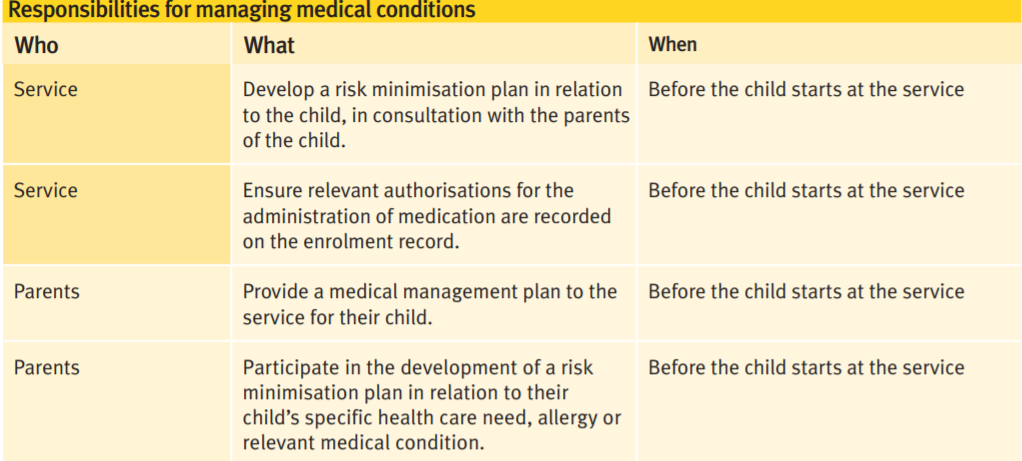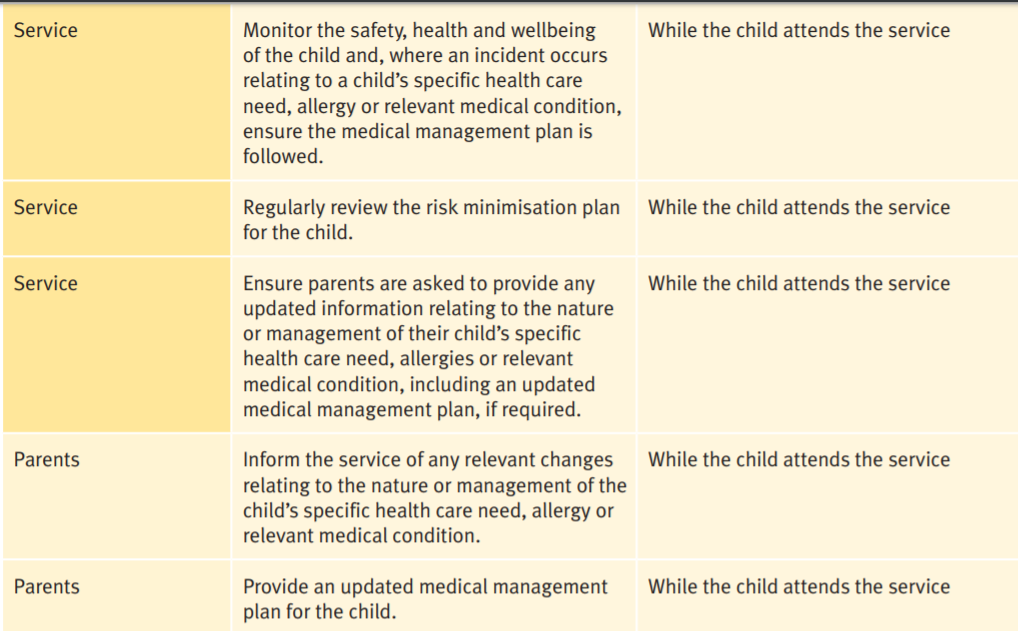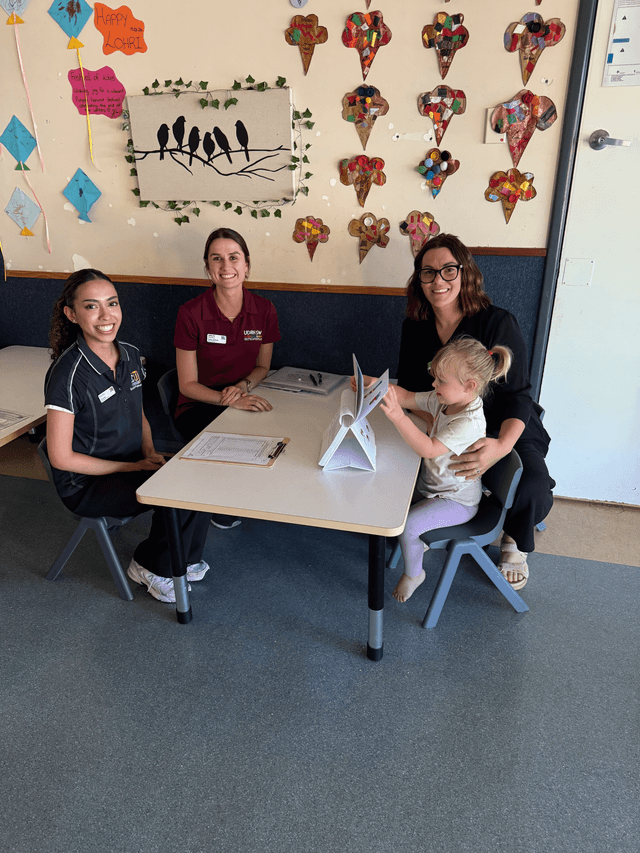In The Field
Workforce
Perth mother pushes for more to protect children from anaphylaxis

Freya Lucas
Apr 30, 2019
Save
After experiencing two episodes of anaphylaxis in three months resulting from her son being given an allergen, Perth mother Hayley McLean has contacted local media outlets, such as 9News and the Daily Mail to call for more to be done to prevent children with severe allergies suffering anaphylaxis.
The child, Lincoln McLean, has severe allergies to dairy, and was given a bottle of cow’s milk in one instance, and cheese sauce in another, the Daily Mail reported. On the occasion where Lincoln was given cow’s milk and experienced a reaction, staff allegedly did not administer his epipen, forcing paramedics to administer three shots of adrenaline to keep him alive.Three months after having an anaphylactic reaction to the bottle of milk, Lincoln was served a meal with cheese sauce, at the same childcare centre, however on that occasion, staff responded by administering the epipen, the report said.
Ms McLean shared her distress with 9News, saying “as a Mum you’re sitting there looking at a dozen (medical staff) working to make sure your child is ok, when it could have been prevented.” The experiences have prompted calls from Ms McLean and medical professionals for an anaphylaxis register to be established to support experts to keep track of serious allergies. Speaking to the Daily Mail, paediatric allergist Professor Richard Loh said “Lack of education, lack of commitment from government and leadership is resulting, I think, in bad management.” The Guide to the National Quality Framework - Operational Requirements outlines, under Quality Area Two, that an early childhood education and care service has the following responsibilities, in relation to working with children and families who have severe allergies:
Before the child starts at the service:

While the child attends the service:

Regulation 91 of the National Law and Regulations states that it if a child enrolled at the service has a specific health care need, allergy or other relevant medical condition, the parent of a child must be provided with a copy of the service’s medical conditions policy.
A ‘medical condition’ is defined under the law as a condition that has been diagnosed by a registered medical practitioner (a person registered under the Health Practitioner Regulation National Law to practise in the medical profession, other than as a student). The Australian Health Practitioner Regulation Agency keeps national registers of practitioners on its website at www.ahpra.gov.au
Further information about managing allergy and anaphylaxis in early childhood is available here.
Don’t miss a thing
Related Articles



















